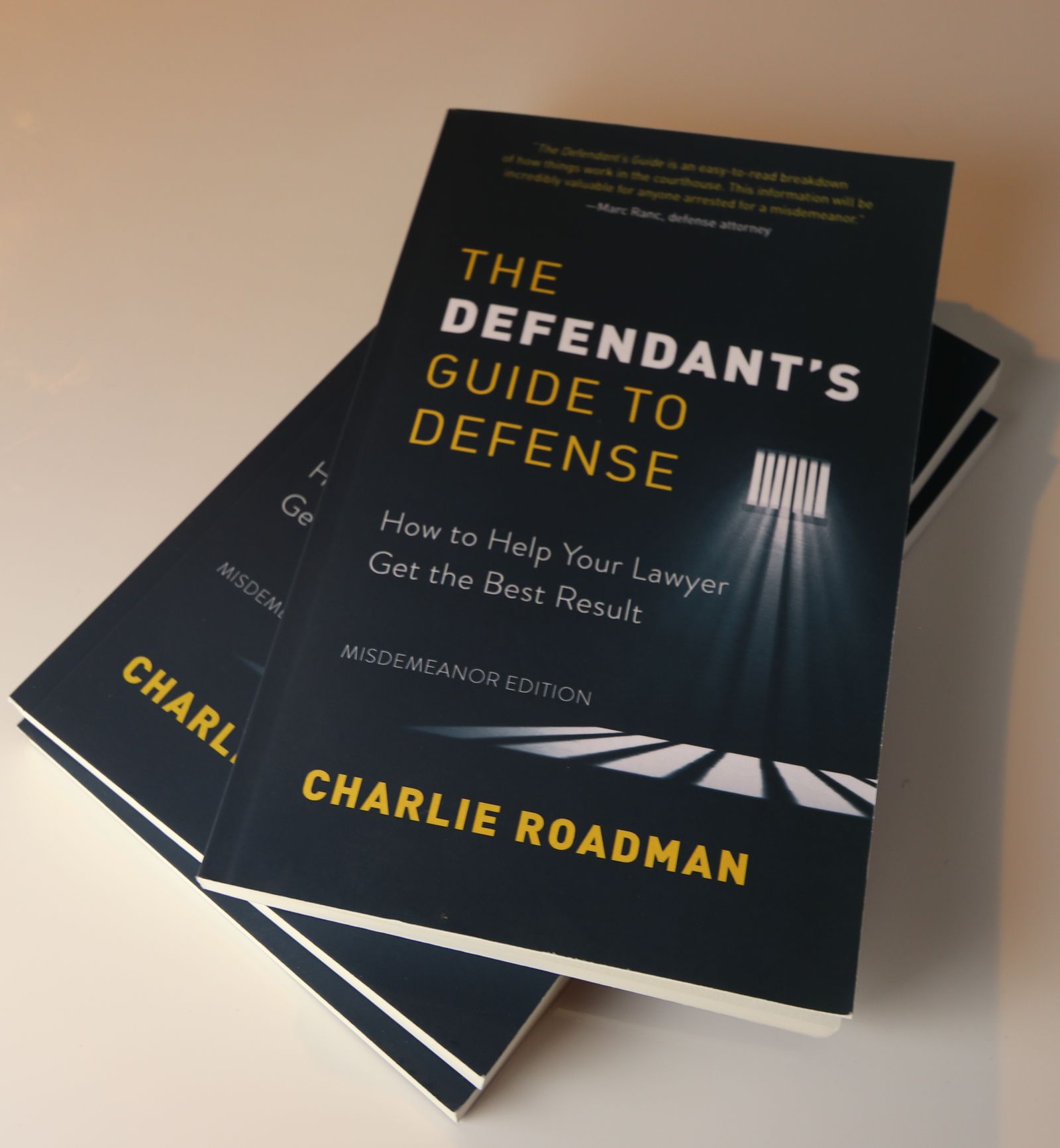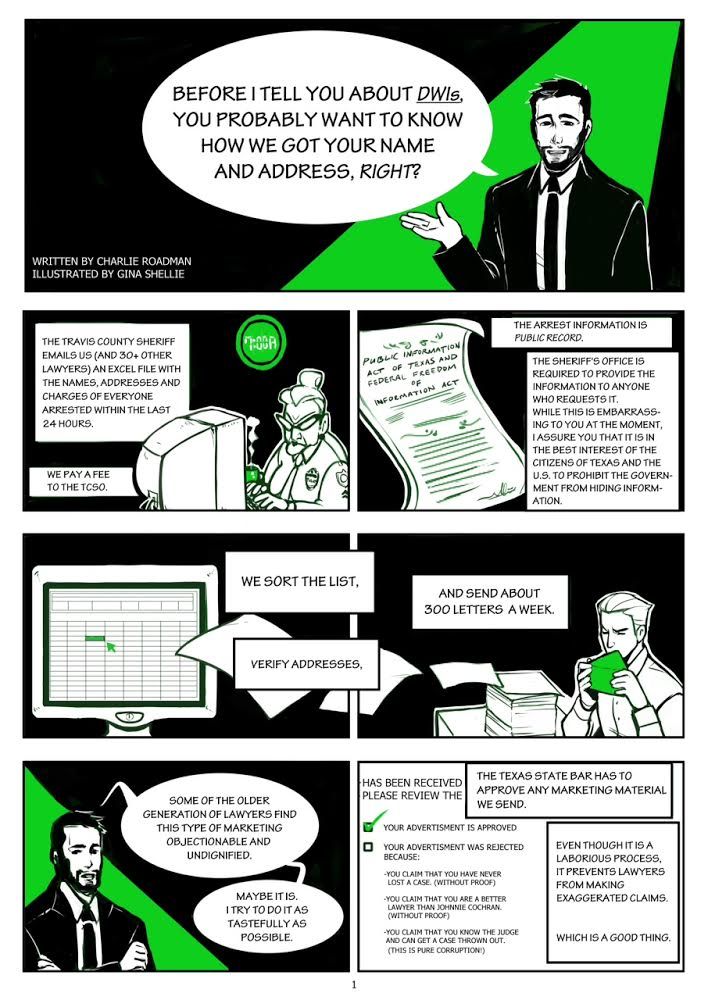12 Hour DWIE Class
12 Hour DWIE Class
Charlie explains the 12-hour DWIE class in Texas and how it benefits your case
FAQs
Q: What is the 12-hour DWI Education (DWIE) class?
A: The DWIE class is a mandatory educational course for most individuals arrested for DWI (Driving While Intoxicated) in Texas. It consists of 12 hours of instruction.
Q: How is the 12-hour class structured?
A: The most common format is four hours per day over three consecutive days, typically Friday, Saturday, and Sunday. However, programs can offer different combinations, such as consecutive Saturdays, but the minimum duration is three days.
Q: Can the class be taken online?
A: Yes, the DWIE class can be taken online, but it is a live class with an instructor and other participants. It is not a series of pre-recorded videos; you must participate actively.
Q: Why are there strict rules about the class curriculum?
A: The Texas legislature has defined the curriculum, ensuring all DWIE classes in Texas teach the same material. Instructors cannot deviate from the legislated curriculum.
Q: Are the materials up-to-date?
A: The materials may appear outdated, like a 1990s PowerPoint presentation, but the concepts taught are valuable and relevant.
Q: Is taking the DWIE class mandatory for all DWI arrests in Texas?
A: Typically, yes. While a few exceptions exist, most individuals arrested for DWI are required to take this class. It is often necessary for dismissals, probation, and sometimes for compliance with the Texas Department of Public Safety (DPS).
Q: Should I sign up for the class immediately after my arrest?
A: It's advisable to sign up for the class as soon as possible, but you should consult with your attorney before doing so.
Q: How do I choose the right online class?
A: Ensure that the online class is Texas-approved. Some classes may claim to be accepted but are not. Verify the class's approval status before enrolling. Here is a list of all the certified programs in Texas. Here are the ones located in Austin.
Q: Which company do you recommend?
A: We recommend Education Resource of Texas.
Q: How much does the class cost?
A: The cost ranges from $90 to $120, depending on the provider.
Q: What is the experience like?
A: While the class may seem awkward initially, most participants end up finding it valuable and enjoyable. It provides an opportunity to learn and interact with others in similar situations.
Don’t dread the class. It may be awkward at first, but it won't be terrible. Engage with the content and the participants, and you'll likely find it a beneficial experience.



